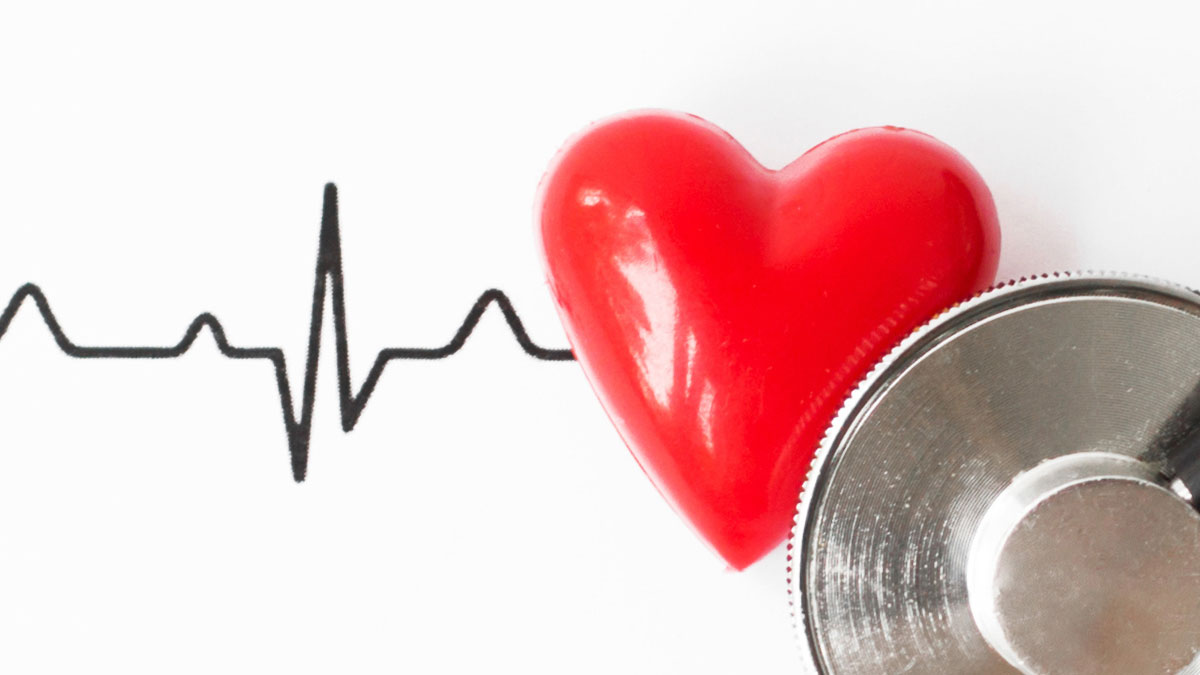With a pandemic on the rise, there is a concern that people are embracing fear and ignoring early signs of a heart attack or stroke.
“We want the community to know that every second counts when experiencing heart attack or stroke symptoms, and hospitals are still the safest place to be,” said Katie Schumacher, American Heart Association executive director in Charleston.
In an effort to dodge heavily populated locations where COVID-19 is spreading, many people have avoided medical facilities and stopped seeking medical attention for equally important health concerns, such as heart disease.
“According to data from the Centers for Disease Control, there was an alarming reduction in the number of heart attacks and strokes being reported, as well as a reduced amount of 911 calls and ER visits across the United States,” Schumacher stated. “The American Heart Association quickly sprang into the action with the Don’t Die of Doubt campaign, which addresses the important and timely lifesaving 911 call a person must make when experiencing early symptoms.”
David W. Zaas, M.D., MBA, CEO, of the MUSC Health Charleston Division, echoed the importance of taking immediate action when he said: “Reducing the time between symptom onset and medical treatment, drastically improves the chances of surviving a cardiovascular event. Emergency responders have the equipment and training to initiate treatment and monitor a patient’s condition, and calling 911 is the fastest way to get lifesaving treatment.”
COVID-19 is a deadly disease; however heart attacks and strokes aren’t going away. Heart disease is still the leading cause of death for Americans, and the need for early treatment simply cannot be ignored. The community still needs to be informed of the risk factors and lifesaving plans of action, even in the midst of the pandemic.
Christine Holmstedt, D.O., medical director of the MUSC Health tele-neuroscience program, reminded us that we can remember stroke warning signs through the acronym FAST: “F stands for face drooping, A is for arm or leg weakness, S is for problems with speech and T is most important because it stands for time.”
Furthermore, Schumacher called attention to the signs of a heart attack by addressing the specifics in men and women.
“Men and women can exhibit some similar heart attack symptoms: chest pain, shortness of breath, jaw, neck or back pain and nausea/vomiting,” Schumacher stated. “Women, however, may display less obvious signs, including fainting, indigestion, extreme fatigue and pain or pressure in the lower chest or upper abdomen. If you show any of these signs, call 911 and get to a hospital immediately.”
MUSC Health personnel and medical professionals are closely monitoring COVID-19 situation, as well as the effect of the pandemic on patients with other medical issues.
“The safety of our patients and care team is our number one priority,” Dr. Zaas stated. “We are taking the steps to ensure patients can manage health care needs while minimizing the spread of COVID-19. Some precautions include screening all patients and visitors for respiratory symptoms prior to entering facilities, separating patients with respiratory symptoms from other patients, allowing patients to register and wait for appointments in the car when available, having waiting rooms with social distancing guidelines, actively disinfecting surfaces between patients multiple times a day, requiring masks, providing hand sanitizer, providing telemedicine appointments, testing patients for COVID-19 before surgeries and procedures, and testing surgeons, physicians and nurses for immunity to COVID-19.”
It’s important to be acquainted with lifesaving measures in case of an emergency.
“If someone thinks they are having a heart attack they or someone with them should call 911, then take an aspirin. If they’re alone, the recommendation is to unlock the front door and lie near the door – not blocking the door. That way if they pass out, EMS can find them quickly,” said Brent Egan, M.D., vice president of cardiovascular health at the American Medical Association in Greenville. “It is not recommended that they drive themselves to the ER or have someone drive them as they may need attention that only EMS can provide during transit.”
People with cardiovascular disease are more likely to be seriously impacted by COVID-19 than others. If you experience the symptoms of heart attack or stroke, remember to take action and call 911 immediately.
By Jennifer Harrison
